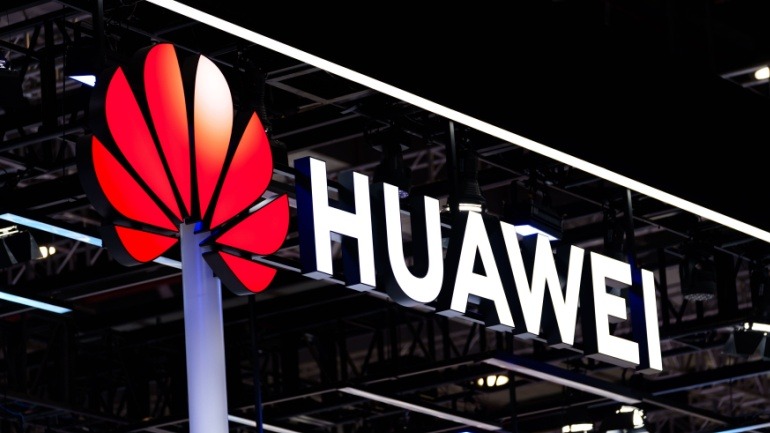Huawei has initiated legal action against MediaTek, asserting that the chipmaker has infringed on its patents. Although specific patents involved in the lawsuit, filed in a Chinese court, remain undisclosed, industry speculation suggests that Huawei aims to leverage its vast patent portfolio to boost revenue through licensing fees and royalties.
Huawei, recognized globally as a significant patent holder, generated $560 million in royalty fees in 2022 alone. The company holds around 140,000 patents globally and maintains approximately 200 licensing and cross-licensing agreements. These agreements include a notable global patent licensing agreement with Ericsson, covering a range of technologies from 3G to 5G. Additionally, Huawei has settled pending litigation with Amazon through a cross-license agreement and has made licensing deals with firms such as Xiaomi, Sharp, and vivo.
This lawsuit against MediaTek is part of a broader trend where Huawei is increasingly turning to its patent assets amid challenging geopolitical climates. For instance, Huawei’s legal battle with U.S.-based Wi-Fi equipment vendor Netgear over Wi-Fi 6 products highlights the aggressive stance Huawei has adopted in recent years. Netgear responded with a lawsuit accusing Huawei of “weaponizing” its patents, an act that purportedly violates U.S. antitrust laws.
This strategy has intensified since 2021, coinciding with the U.S. government’s increasing restrictions on Huawei. These sanctions began in May 2019 when the U.S. Department of Commerce placed Huawei on its Entity List. This move effectively barred the company from acquiring parts and components from U.S. suppliers without government approval, compelling Huawei to seek other revenue streams, including rigorous enforcement of its patent rights.
As the legal dynamics unfold, it’s clear that Huawei’s aggressive patent strategies reflect broader industry trends where intellectual property becomes a critical revenue generator amidst competitive and regulatory pressures. The outcome of this lawsuit could impact not only MediaTek but also set a precedent for future patent disputes in the rapidly evolving semiconductor and telecommunications sectors.







